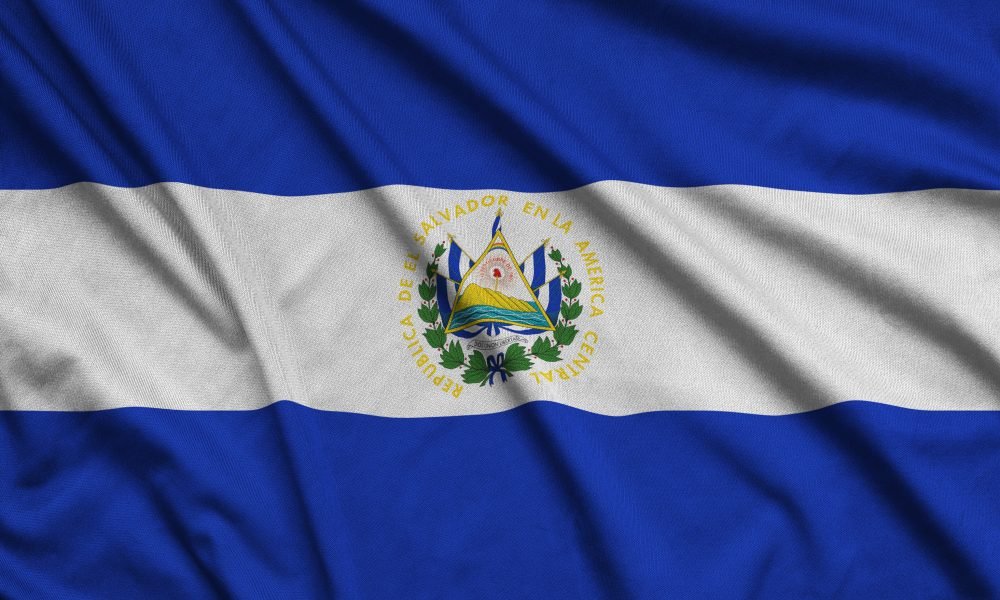El Salvador is poised to become the first country to make Bitcoin a legal tender. President Nayib Bukele, the country’s leader, made the announcement during the Bitcoin 2021 Miami Conference.
According to him, he has concluded plans to send the proposed legislation to Congress in the coming week. Consequently, El Salvador would become one of the proposing Bitcoin legal tender countries.
“Next week, I will send to congress a bill that will make Bitcoin a legal tender” he said.
Pioneering Bitcoin As Legal Tender
If the proposed legislation pulls through, the country would be the first to make a digital currency its official legal tender which would work side-by-side with the United States dollar.
The 39-year-old president hopes the country’s congress passes the legislation, and thus the Central American nation would be the first to adopt the cryptocurrency as a legal tender. President Nayib Bukele said that it will be a catalyst for job creation in the country.
70% of the population work in the informal sector. These mostly lack access to banking services. So, El Salvador’s economy relies heavily on remittances which make up approximately 20% of its gross domestic product (GDP). It is estimated that over two million Salvadorans reside outside the country. These regularly send money back home to friends and relatives. Salvadorans remit £2.9bn ($4bn) back to the country annually.
High Service Cost
There is a high demand for remittance services in the country. This is responsible for the high fees charged by providers which has been a source of concern to users. This is coupled with the fact that such transfers take days to be processed.
In some cases, funds sent from abroad have to be picked up in person. These are some of the bottlenecks that the introduction of Bitcoin legal tender in El Salvador would solve. According to Jack Mallers, founder of Lightning Network payment platform, Strike, there is a need for better alternatives. Strike will partner with El Salvadore to integrate Bitcoin into the country’s monetary infrastructure.
Such propositions beg the question, “Is Bitcoin legal tender?” considering that there are issues surrounding the digital currency such as network clogs that sometimes result in high transaction fees.
Mitigating Fiat-Induced Inflation
Speaking on the proposition, Mallers stated that the prospect is transformative. He alluded that Bitcoin is the greatest digital asset built on a monetary network and has the potential of shielding developing economies from that impact of fiat-induced inflation.
If the bill is passed, Salvadorans can conveniently do away with the present system and its encumbrances since Bitcoin transactions are near instantaneous.
Details on how the policy will work is still sketchy. Although there is no doubt that the bill will scale through the country’s legislative assembly controlled by the president’s party.
Overhaul of Monetary System using Bitcoin as legal tender
Analysts are of the opinion that a major restructuring of the country’s financial system and infrastructure will be required to make the policy a success.
Nonetheless, president Nayib Bukele stated that his government will grant digital assets businesses a safe haven in the country to expand its capacity as a blockchain hub.
Despite the positive impact that the initiative is expected to have on the coin market, some financial analysts cautioned that a country adopting Bitcoin as a legal tender may leave much to be desired. This is an allusion to the absence of a central control of the Bitcoin network. The implication is that actors may not be accountable because the Bitcoin space is still largely unregulated.
The move from President Bukele may not have come as a surprise to his supporters. Bukele being a young, media-savvy leader is abreast of trends. This could also be responsible for his high approval rating of over 90%, which may be the motivation for the El Salvadore Bitcoin legal tender concept.

